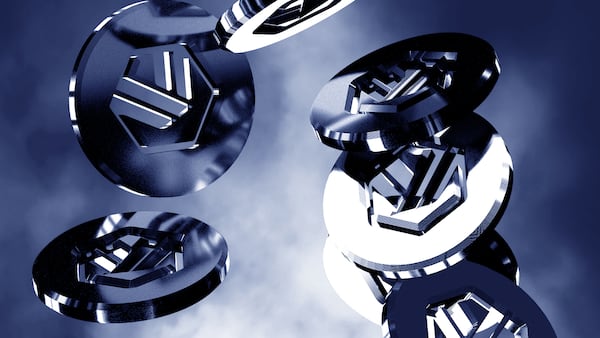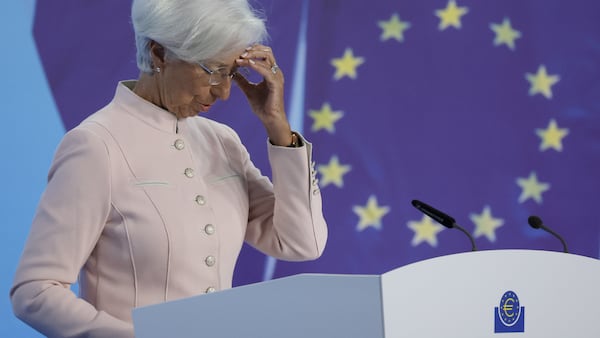- DL News analysis finds Poland's affordability and speed attracts more founders seeking a home base in the European Union.
- France and other nations may catch up in months to come as they match regulation with incoming MiCA law.
When DL News released the results of its EU crypto tracker on September 21 we were surprised to see that Poland — not France or any of the Baltic nations — was far and away the top destination for blockchain firms in the 27-nation trading bloc.
And the crypto firms keep coming.
In the last seven days, Poland has registered another 13 outfits, according to data from its Virtual Currency Business registry. With 951 crypto firms, the Eastern European nation sports almost twice as many registrants as runner-up Lithuania, according to a DL News data analysis of company registrations.
This wasn’t always the case. As this chart shows, Estonia and Lithuania led the race for crypto firms until a couple of years ago, which is not unexpected given how fintech ventures have long planted themselves in the relatively easy regulatory regimes in the Baltics.
But Poland, which started a registry in 2021, has set up a speedy and affordable system for hosting crypto. DL News has learned that it takes two weeks and about €150 in fees to register a crypto venture there.
Firms may incur further compliance costs but the upshot is clear — when it comes to blockchain projects, Poland is a bargain.
Poland also permits individuals as well as companies to register as crypto entities in its virtual assets service providers (VASP) registry.
Prepping for MiCA
The deal may not last much longer. Over the next 15 months, the European Union will be implementing its landmark Market in Crypto-assets law, known as MiCA.
As a result, regulators in member states will have to adapt their national regimes to the new rules set by Brussels. And far-sighted governments such as the one led by President Emmanuel Macron in France are already trying to lure crypto outfits by tailoring their current rules to MiCA.
Circle, the top tier stablecoin provider, and OKX, a leading crypto exchange, have already applied for licences in France that align closely with MiCA requirements.
Poland may have the inside track for now, but if its regulators don’t follow France’s lead, it may not be the EU’s crypto pacesetter for much longer.
The stark differences in the number of registered crypto firms across EU states illustrate the fragmented regulatory landscape in the bloc. The criteria to register in France and Poland are completely different. MiCA aims to change this and standardise the provisions across the board.
Have a tip on European Union crypto policies? Contact the authors at ana@dlnews.com and inbar@dlnews.com.



